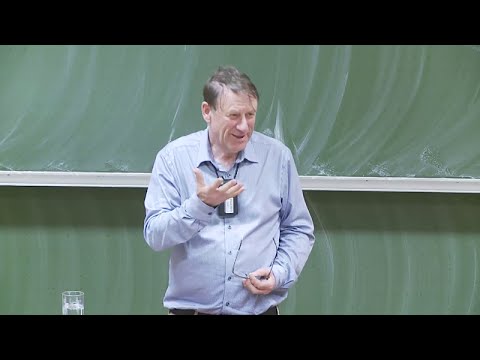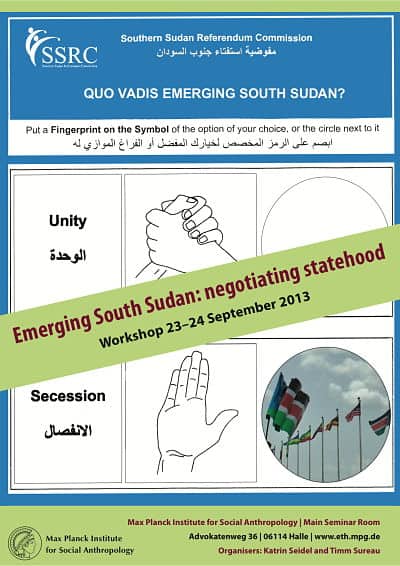Professor Tim Ingold from the University of Aberdeen, Scotland, gave a lecture at the University of Konstanz, Germany on June 17, 2015.
Ingold was invited to give a talk within the frame of a lecture series entitled “Nature and Culture as False Dichotomy” convened by anthropologist Dr. Raúl Acosta-Garcia and biologist Dr. Wolf Hütteroth. The series brought together experts from both natural and social sciences and explored approaches to an integrated view of human life from biological and anthropological perspectives.
Ingold talked about the “Correspondence of lives”:
“Human lives are carried on alongside the lives of beings of manifold other kinds: we respond to them as they respond to us. Lives, in short, are bound in correspondence, and this is what makes them social. How come, then, that in the thinking of so many biologists, social life is understood to be confined to relations among conspecifics? And how come, conversely, that in the thinking of many social theorists, the non-human companions with which humans so often surround themselves are reduced to inanimate objects? I show that the answers to both questions lie in a lingering commitment to human exceptionalism that, despite strenuous denials, remains buried deep down in the arguments of both bioscience and social theory. To eradicate this exceptionalism does not mean confining all the world to objects, as the advocates of object-oriented ontology suggest. Instead, I propose an overarching theory of biosocial correspondence.”




